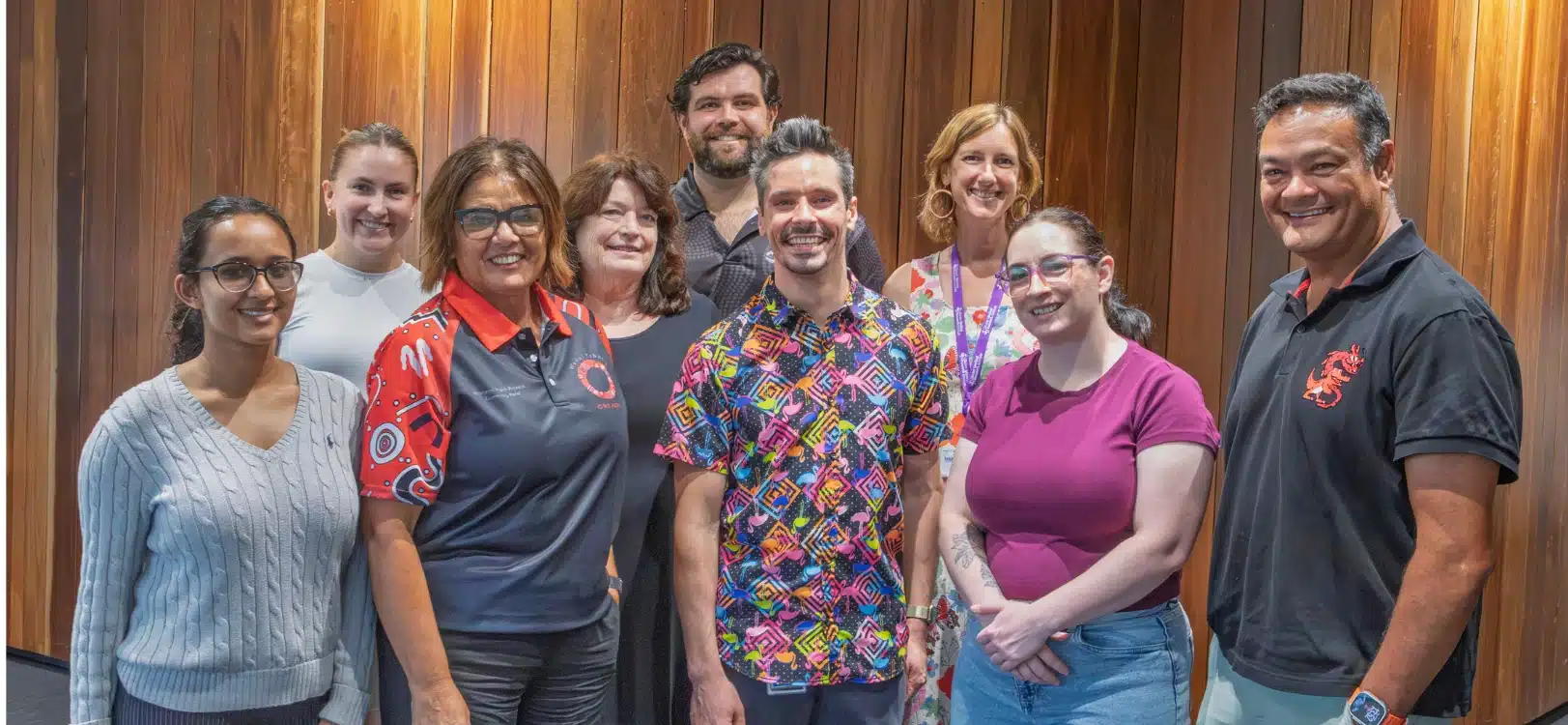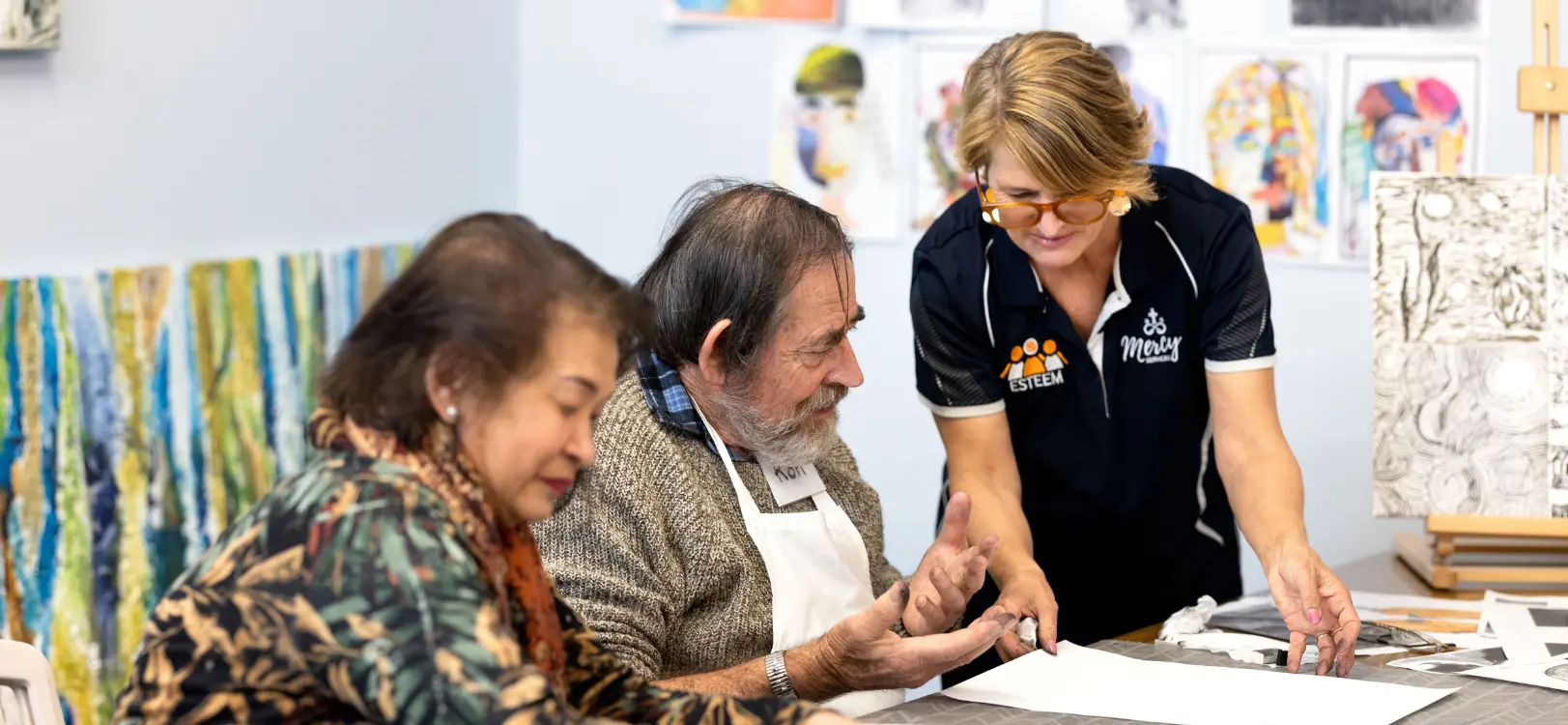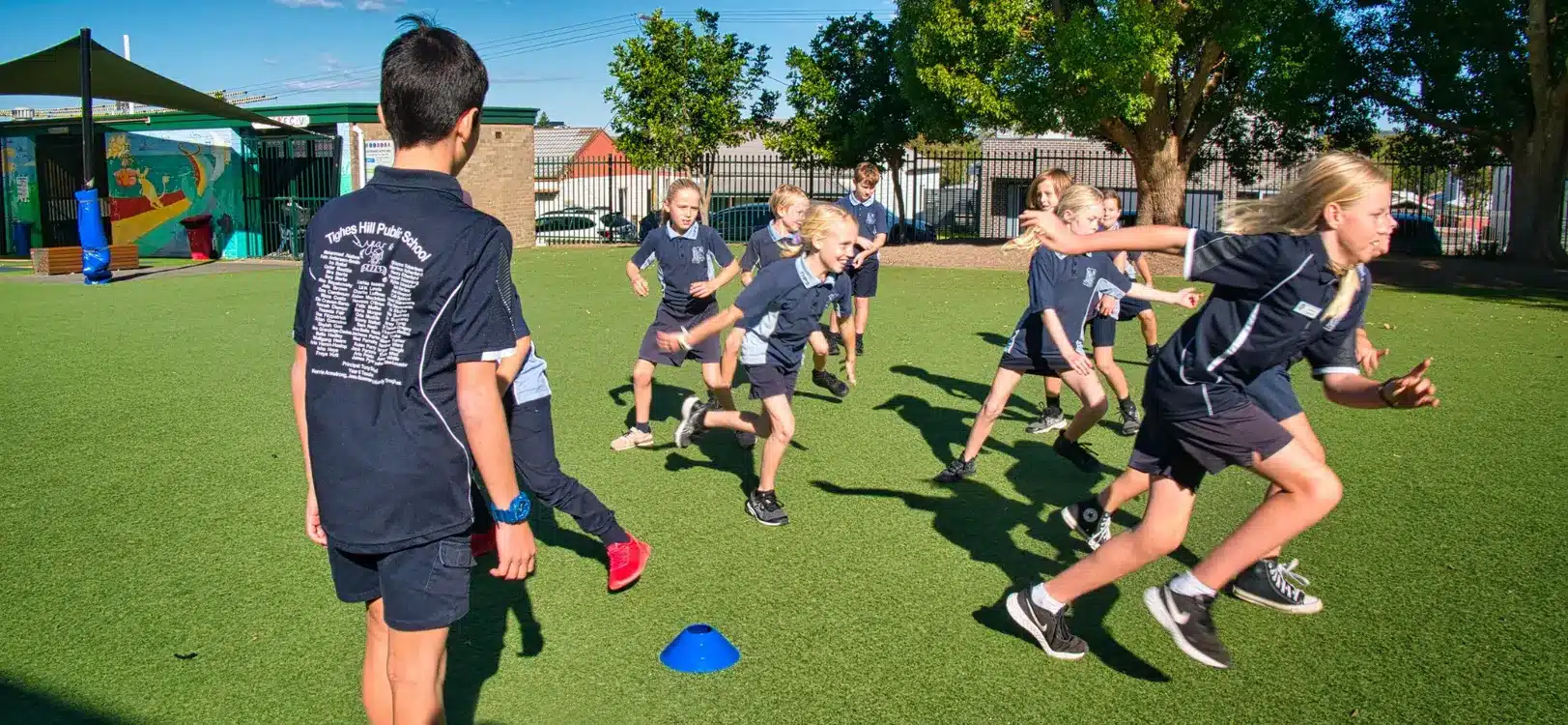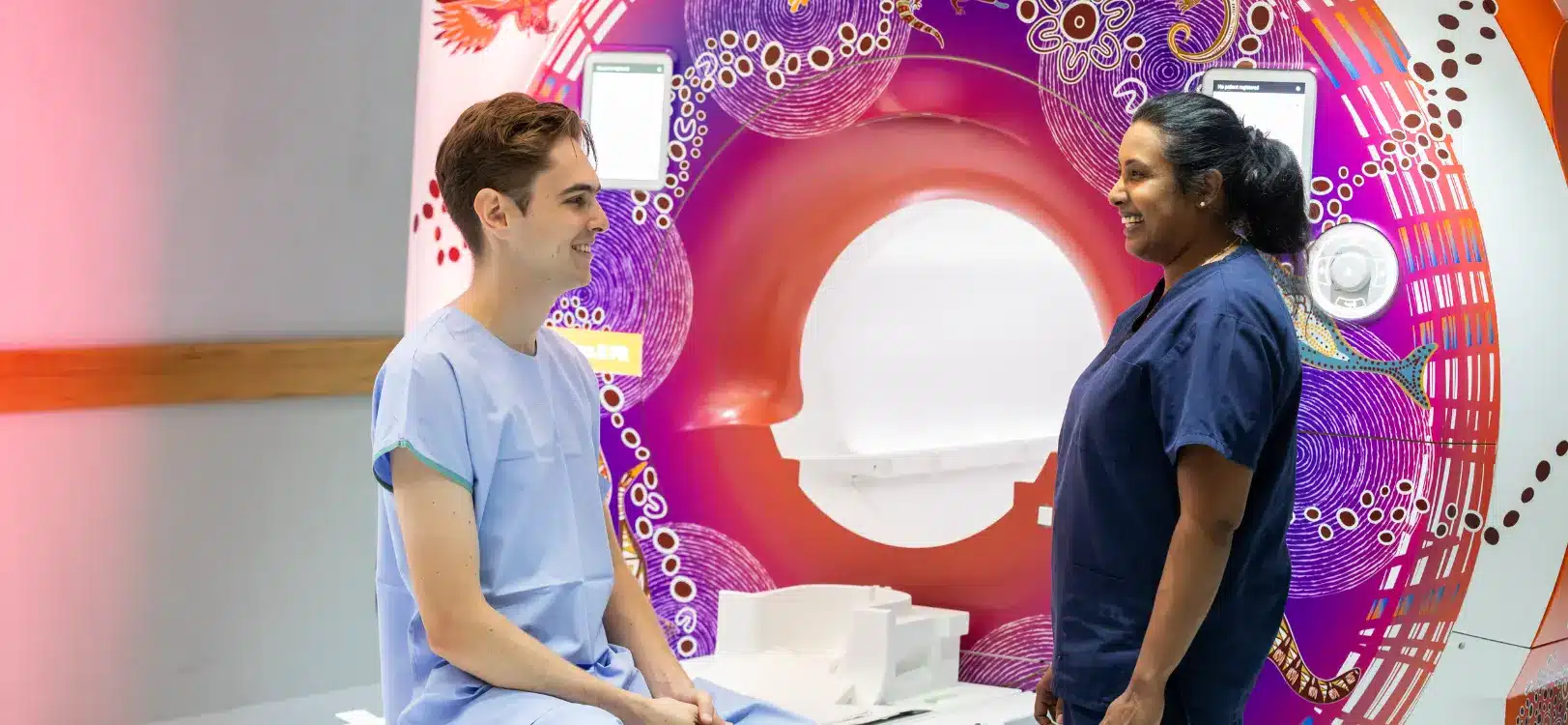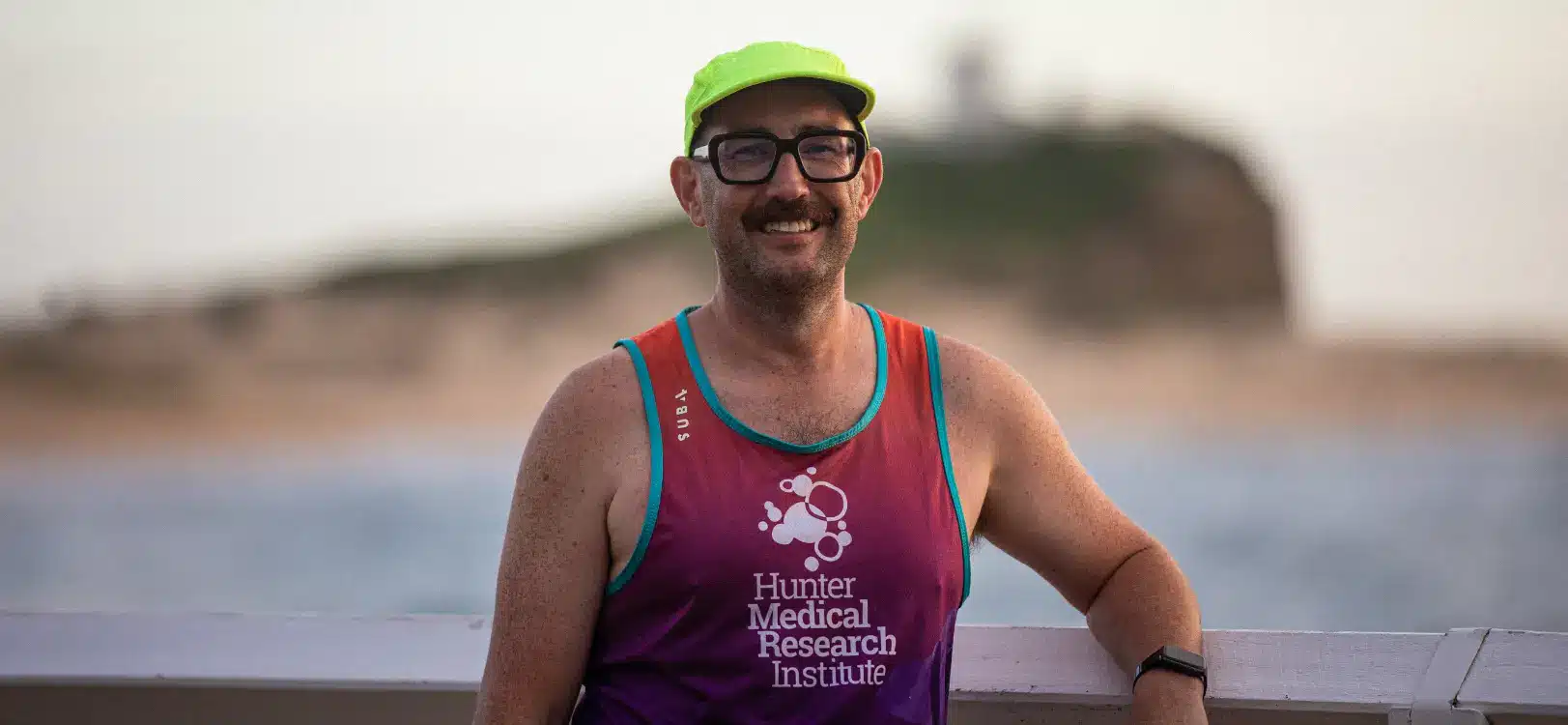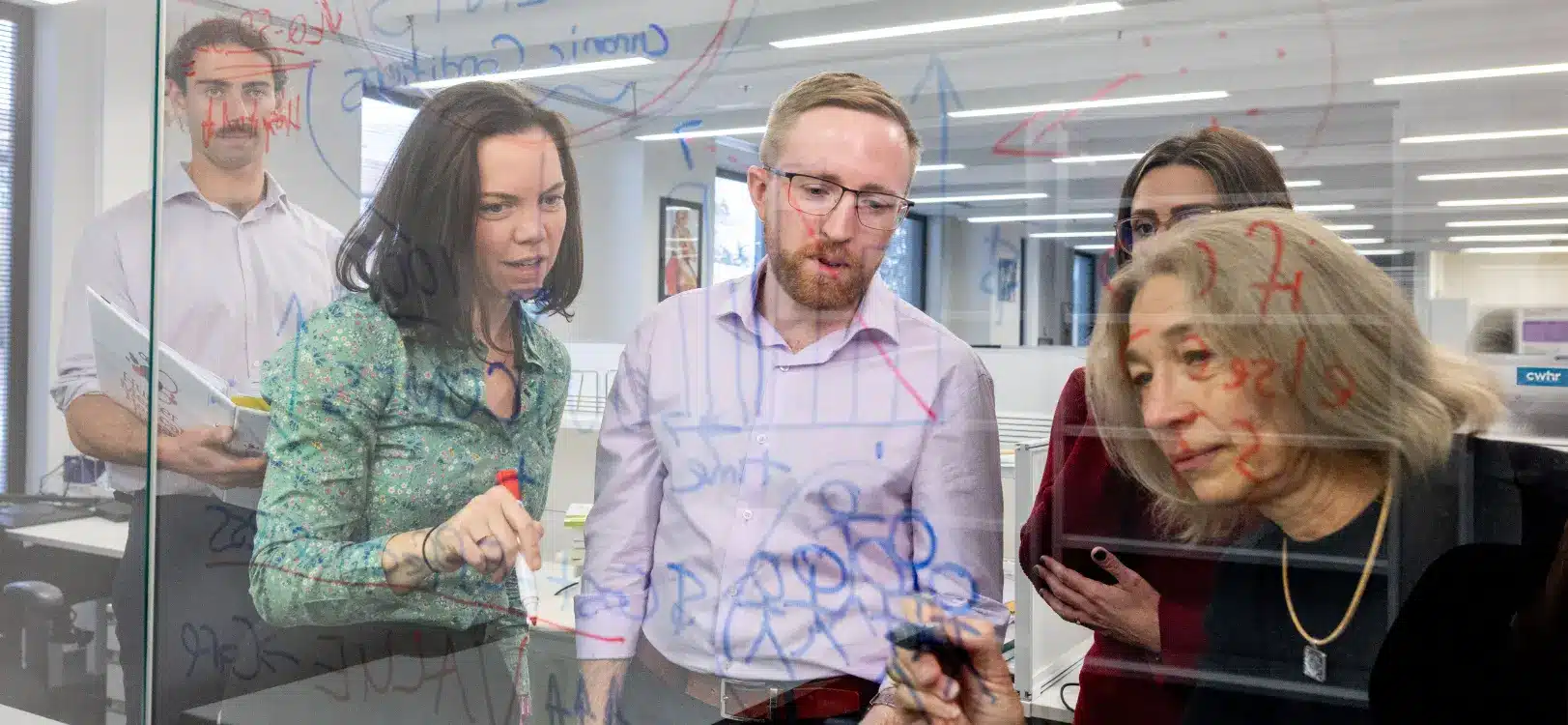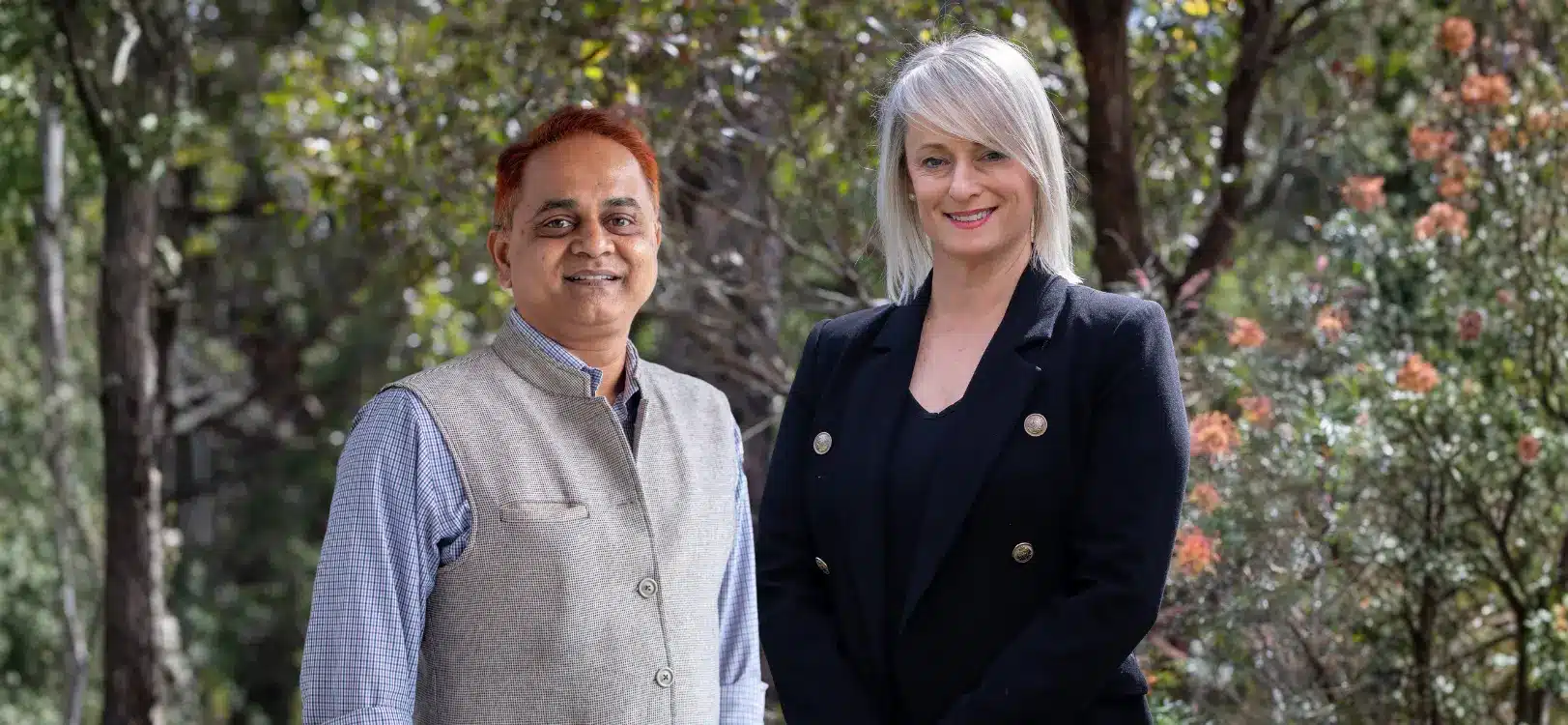Professor Deborah Loxton is the Director of the Centre for Women’s Health Research at the University of Newcastle, Australia and Director of the Australian Longitudinal Study on Women’s Health.
Women’s health over the life span has been at the centre of Professor Loxton’s research for over two decades and remains her primary research interest, with a major focus on the health impact of violence over the life course.
She is a member of the National Women’s Health Advisory Council convened by the federal Department of Health, Disability, and Ageing to address gender disparities in health service delivery and outcomes.
Professor Loxton is also the NSW Regional Health Partners representative on the National Women’s Health Research Translation and Impact Network.
Her career total publications include over 260 peer reviewed articles and 41 reports to government. Career total grant funding exceeds $50M, including both competitive and direct research funding.
Professor Loxton’s primary method of research translation is impact on policy, which includes authoring policy briefs and reports and regularly presenting findings to government departments.
Her research has influenced the National Women’s Health Strategy 2020-30, government responses to COVID-19, and the National Plans to End Violence Against Women, which guide national responses and funding to prevent violence against women and mitigate the impact of violence.
